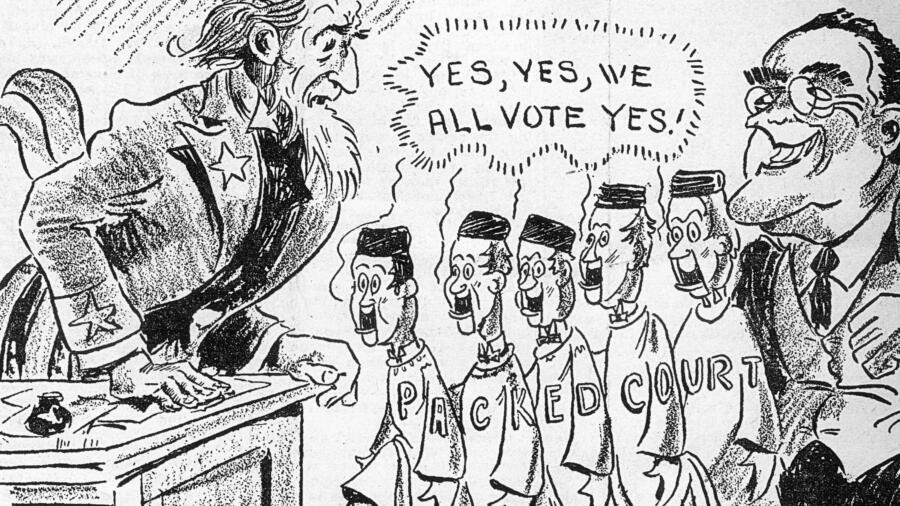|

FRANKLIN
DELANO
ROOSEVELT
21) WE MUST PROTECT THE
CHIEF
On November 5th, 1940, Roosevelt saw signs that voters were turning him out
of office after two terms. Adolph Hitler was crushing Europe and lurking
behind his opponent, Senator Willkie, according to the FBI and other
intelligence services, was Nazi money that wanted him to push Winston
Churchill into a quick peace with Hitler. FDR wanted a military buildup. Convinced Wilson's decision to enter WWI was a ruinous mistake, many
voters did not
want to be dragged into another European war." In September of 1939,
after Britain declared war against Hitler, FDR began secret corresponding
with Winston Churchill the new First Lord of the Britain Navy. This raised
the suspicions of U.S. Ambassador to Britan Kennedy. Rare photograph of FDR in a
wheelchair, with
Fala
and Ruthie Bie, the daughter of caretakers at his Hyde Park estate. Photo
taken by his cousin
Margaret Suckley (2/ 1941 click to enlarge

|
The Politics
In London Joseph Kennedy was determined
to stop another fruitless war that could threatened his three sons, Joe,
Jack, and Bobby. Tyler Kent, a clerk in Kennedy's operation, discovered the secret
messages between the two leaders. Convinced they were dragging the
U.S. into the war on behalf of the Communists and Jews he planned to make
the messages public right before the FDR's reelection. His apartment was
raided by Scotland Yard. They found many documents including that morning
message from Churchill to Roosevelt and Kent's Jewish mistress in the
bedroom. Kent was tried in London where the matter of their official communication
could be kept quiet under the Officials Secrets Act.
Roosevelt was pondering what to do about a Supreme Court
ruling that had stopped the FBI from wireless wiretapping. J. Hoover
argued that such an action would stop the FBI from listening to Nazi plans to
blow up the Queen Mary and other such dangers. President
Roosevelt was interested other information like what the
Nazi's knew of Kent's information. Roosevelt signed the secret orders
giving Hoover blanket authority " ' to secure information by
listening devices" '. Attorney General Robert Jackson thought the order
was illegal but he did not resign. He later wrote that Roosevelt usually
acted in terms of ' "right and wrong" ' not ' " legal and
illegal." '
|





